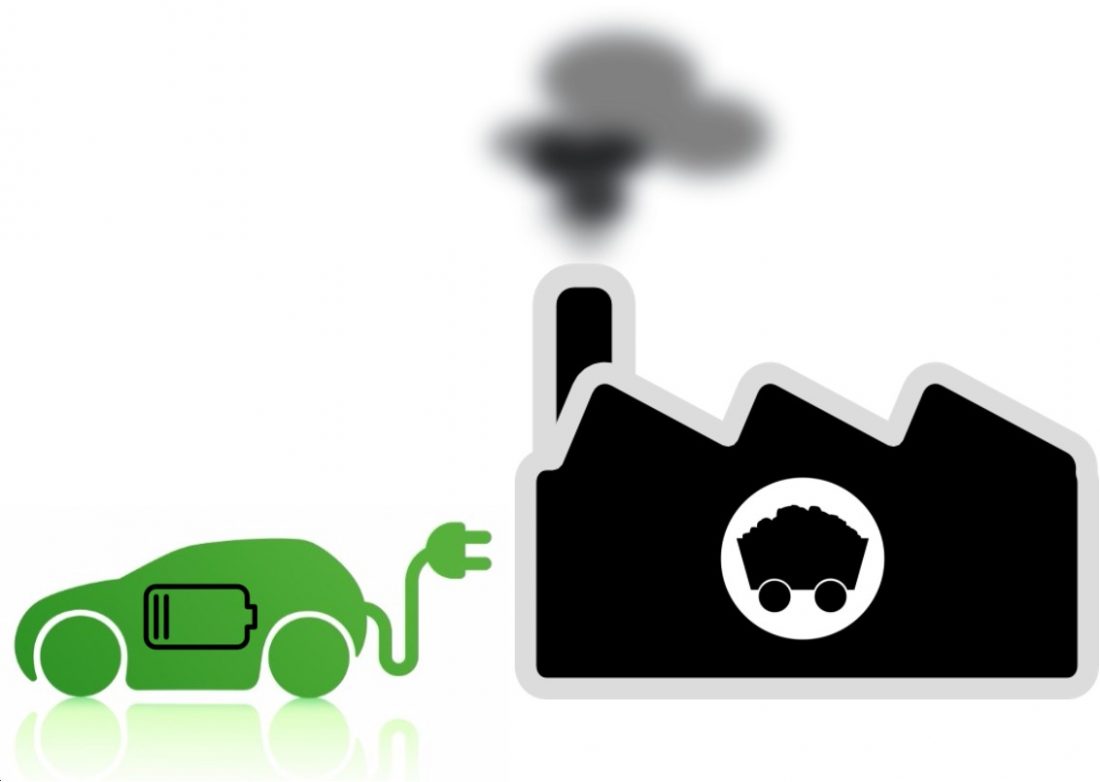By Joshua Ophir, Year 11
Over the last decade or so, electric cars have been more and more prominent, starting from a faraway dream to becoming something we see in our daily life. The dictionary definition of an electric car is an alternative fuel automobile that uses electric motors and motor controllers for propulsion, in place of more common propulsion methods such as the internal combustion engine (ICE). Of course, this sounds like nonsense to a large proportion of us. In simpler terms, an electric car is a vehicle that instead of running on traditional gasoline, uses electricity as a substitute. Recently, electric cars have been more and more common because people are realizing how much our earth is degrading and especially how much traditional cars are a cause of this. In the beginning, even though electric cars were more eco-friendly, it was very inaccessible. The most important reason for this is that they were extremely costly, ranging from 300’000$ to 500’000$. As well, the car’s specs in general were not favorable. Electric cars could only travel between 50 to 100 km before it needed to recharge itself. Following this, charging the car took a large amount of time and there existed very few charging stations. In short, it was not worth it to buy an electric car at the time. However today, electric cars are much more efficient and accessible for a larger fraction of the population. Currently, electric cars have specs that are worthy of a traditional gasoline running cars if not better. As well, there are many charging stations all over, whether it be in parking lots or in gas stations. Finally, the most important improvement is that electric car companies have been able to reduce their prices to almost the same price as gasoline running cars. For example, Volkswagen’s electric car goes as low as 30’000$. Today, it is a better alternative to buy an electric car if one has the means, although some companies are producing very affordable cars for a large proportion of our population, especially in countries like Switzerland. Electric cars are much more eco-friendly than traditional cars, and in a world like the one we live in today, every small change makes a massive impact.
Lately, there have been more and more companies that have or are producing electric cars, although there is one that stands out above all, it goes by the name Tesla.
For those who do not know, Tesla Motors is an american electric-automobile manufacturer. It was founded quite recently, in 2003 by two entrepreneurs: Martin Eberhard and Marc Tarpenning. Obviously, Tesla was named after the inventor, Nikola Tesla. To manufacture its first car, Tesla needed a large amount of funding, this is where the famous Elon Musk comes into place. For their first car, Elon Musk offered them 30 million dollars for the funding of the car and to be named as the chairman of the company. The two entrepreneurs, eager to put their car on the market, happily accepted the contract and in 2004 Musk was named chairman of the company. Four years later, Tesla released the Roadster, a precursor to most, if not all of today’s electric cars. It was a revolutionary invention: in a single charge, the car could travel 394 km. It could reach a top speed of 200 km/h, as fast as most traditional cars on the market. However, there was one problem with the car: because of it costing 109’000$, it was only accessible to a small amount of people.
Now, onto the advantages of electric cars, even though it has been brushed previously in the article, here they are. As well, this article will be focusing mainly on Tesla, as it is the leader of electric cars manufacturing today. Firstly, even though the initial price of an electric car can be somewhat more expensive than a traditional car, it is much more cost-effective on the long-term. This is because there is no need to buy gasoline as the car does not need it. Instead, the car runs on electricity which is free in most gas stations or if it does require payment it is around 3-6$. This saves the average american 3000$ to 4000$ as this is what he spends on gasoline per year. In contrast to traditional cars, Teslas require very low maintenance which as well is money saved. Another advantage of electric cars is that there is a reduced noise pollution which is always pleasant. An important point to stress is that an electric car is very cost-effective. A study conducted proved that a person who owned an electric car saved up to 10’000$ per year which is quite a large amount for a small and impactful change. However, the most important advantage of an electric car is that it does not run on gasoline. The usage of gasoline cars is one of the major causes for our Earth’s deterioration and there are so many alternatives, one like converting to an electric car. Cars release toxic gases that are both horrible for the environment but also for humans. Inhaling this polluted air causes so many sicknesses and diseases, some that are impossible to cure. The second-most harmful gas to our Earth is carbon dioxide, which is the main gas that a car emits. Today, cars are virtually accessible to anyone, rendering the problem even worse. The solution to this problem is converting to electric cars, which will greatly reduce greenhouse emission and as a consequence be less harmful to our planet.
Nonetheless, how much of a solution are they really? This is a question that many scientists have asked lately and the answers aren’t as pleasing as we would want them to be. A group of scientists called the Devonshire Research Group conducted a study about Tesla and they concluded that Tesla’s environmental benefits may be somewhat an illusion. In their research, the group argues that even though the car doesn’t physically emit harmful gases, it does in each stage of an electric car’s life. Even though they aren’t as obvious as a normal car’s exhaust pipe, it does not make it any less harmful. First of all, even though an electric car does not require gas, it will still burn carbon in order to get its energy, since that is how electricity is formed. However, this does depend on how your city/country produces its energy. If it uses coal-fired power plants, an electric car is really not very green. On the other hand, if it produces electricity by using renewable resources, like California, then it is indeed quite green. Another reason why an electric car is in fact not very eco-friendly is that it requires many high-performing metals in order to be as light as possible. For example, the lithium batteries are extraordinary because they produce a large amount of electricity whilst being extremely light, thus resulting in a high-performing car. Yet, these metals need to come from somewhere and most of the time they are extracted from environmentally destructive mines. Rare metals, like the ones used in electric cars, usually appear in small quantities in inaccessible places thus making the process a very harmful one to the environment. For example, in a mine called Jiangxi out of the entire Earth that is extracted 0.2% is used and the other 99.8% is thrown back into the Earth full of toxic chemicals, damaging once again the environment. Last but not least, probably the most environmentally damaging argument against electric cars is what happens to a Tesla, or any other electric car as a matter of fact, after its “life”. An electric car battery is probably the least eco-friendly piece of a car. If not recycled properly, it can damage a microclimate for decades. However, Tesla takes great care into recycling properly its batteries, although this process is very costly and isn’t very eco-friendly either.
In conclusion, indeed an electric car does in fact produce a certain amount of pollution and greenhouse gases. Yet, traditional cars do as well, much more actually. Even though they do not contain harmful batteries, they contain the same problematic about rare metals. All in all, electric cars are a much better alternative. It is only important that people are aware that it is a colossal improvement, however there are possible alternatives that can almost entirely eco-friendly, something that is needed for the future of our world.



